DALLAS - Air Canada (AC) has become the latest airline to post its Q1 2023 results, seeing a boost in profits thanks to a surge in travel demand.
Revenues for the three-month period came in at a record C$4.8bn (US$3.6bn), an increase of 90% compared to Q1 2022. It was also up around 10% on Q1 2019.
The Montreal-based carrier posted an overall operating loss of C$17m (US$12.4M), an improvement from the C$550m (US$402m) loss for the same period last year.

Strong Brand
Michael Rousseau, President and Chief Executive Officer of AC, said, "Air Canada's impressive first quarter performance reflects the strength of our brand, the very strong demand environment across all markets and the effective execution of our strategic plan. When compared to the same quarter in 2022, passenger revenues more than doubled and hit a first-quarter record of close to C$4.1Bn (US$3bn), supported by our diversified network and our strong international franchise. Adjusted EBITDA surged by C$554m (US$405m) to C$411m (US$300m), and our adjusted CASM fell nearly seven per cent from a year ago,"
However, like most carriers, AC saw its operating expenses increase by 57% from Q1 2022 to C$4.9bn (US$3.5bn), with a 30% rise in fuel costs alone.
These expenses were offset partially by the increase in passenger numbers, with revenues from this area increasing to C$4.1bn (US$3bn), more than double that of Q1 2022. Transborder flights between Canada and the US and transatlantic and transpacific services witnessed increased revenues.

Exceeding Expectations
Rousseau added that the results "exceeded both internal and external expectations and we expect demand to persist, supported by strong advanced bookings for the remainder of the year. For this reason, as well as lower-than-expected fuel costs, we increased our 2023 adjusted EBITDA guidance last week."
Costs were also incurred from its dedicated cargo business, Air Canada Cargo, which currently operates six Boeing 767 freighters. However, Rousseau said that this and all other business areas "contributed meaningfully during the quarter.
"Air Canada Cargo is expanding its network and fleet, Aeroplan is gaining more members and gross billings have increased 50% when compared to the first quarter of 2022, and Air Canada Vacations produced remarkable results. System yields improved approximately 9 per cent compared to the first quarter of 2022. We achieved a strong free cash flow of nearly C$1bn (US$732m). This will allow us to continue investing in our future, including by further deleveraging our balance sheet,"
The airline has faced stiff competition in recent years from the rising number of low-cost carriers that have entered the Canadian market, such as Flair Airlines (F8), Swoop (WO) and Lynx Air (Y9).
https://airwaysmag.com/canadian-low-cost-carrier-market/
Featured Image: Air Canada Boeing 737-8 (C-FSJH). Photo: Marty Basaria/Airways.
.webp)
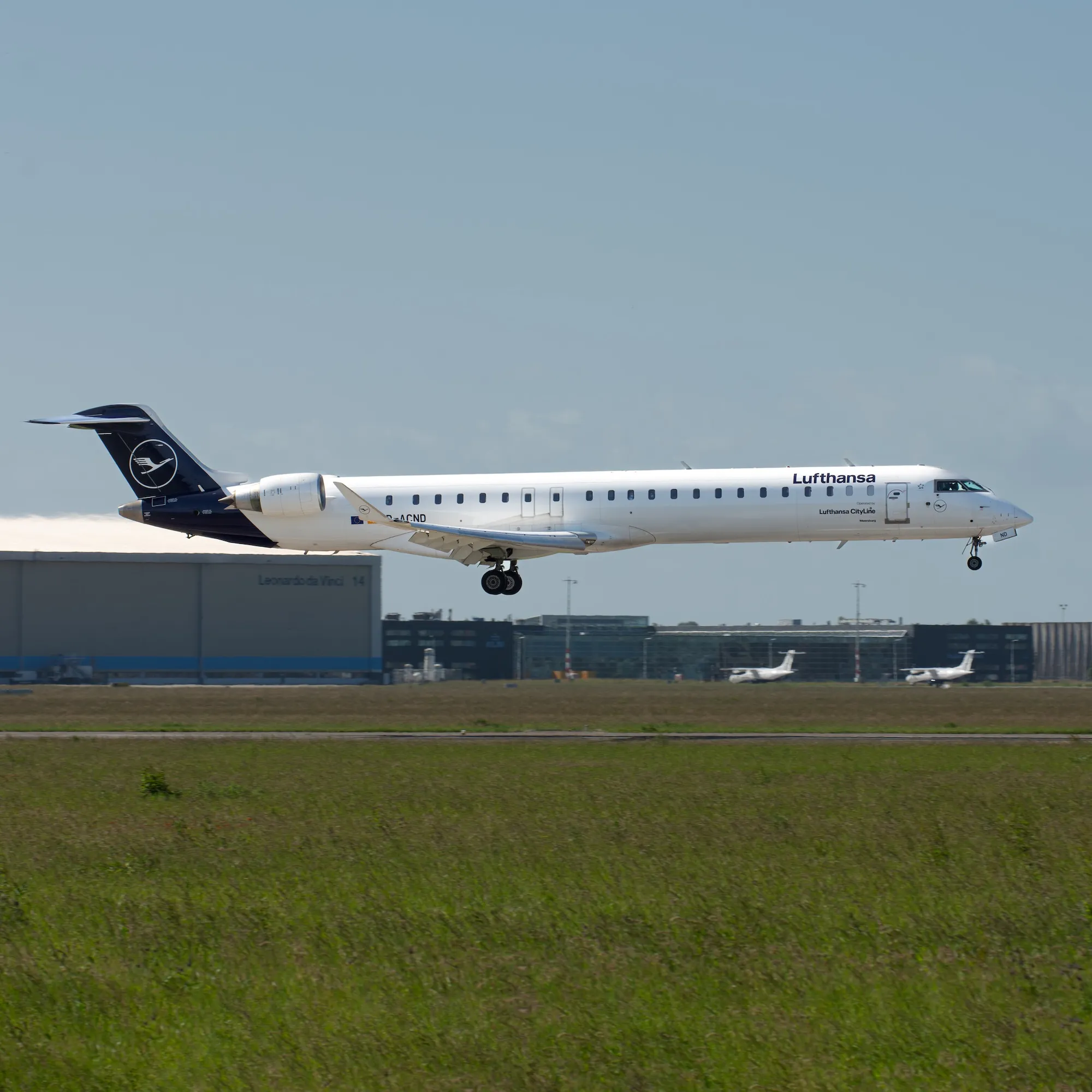
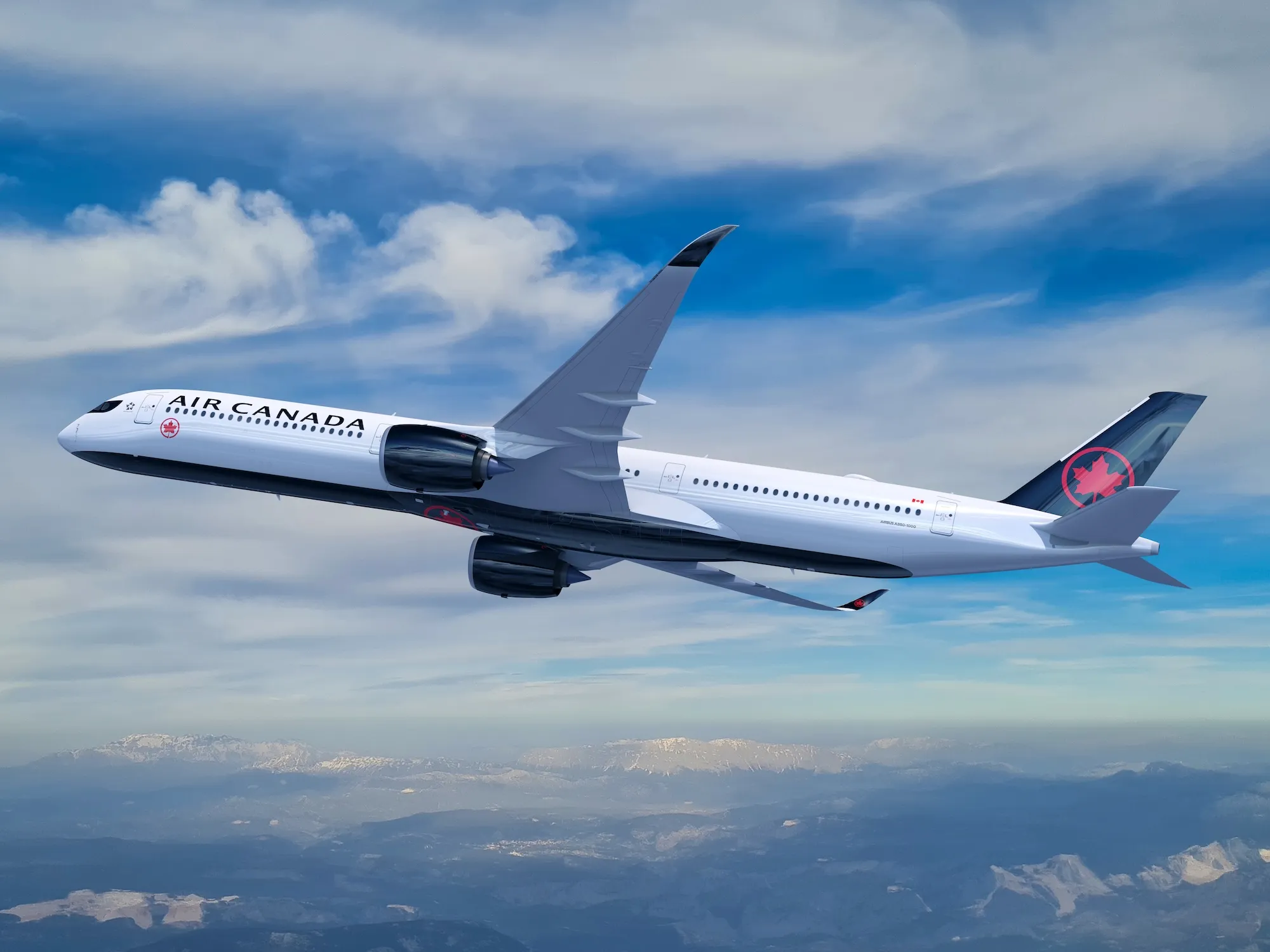
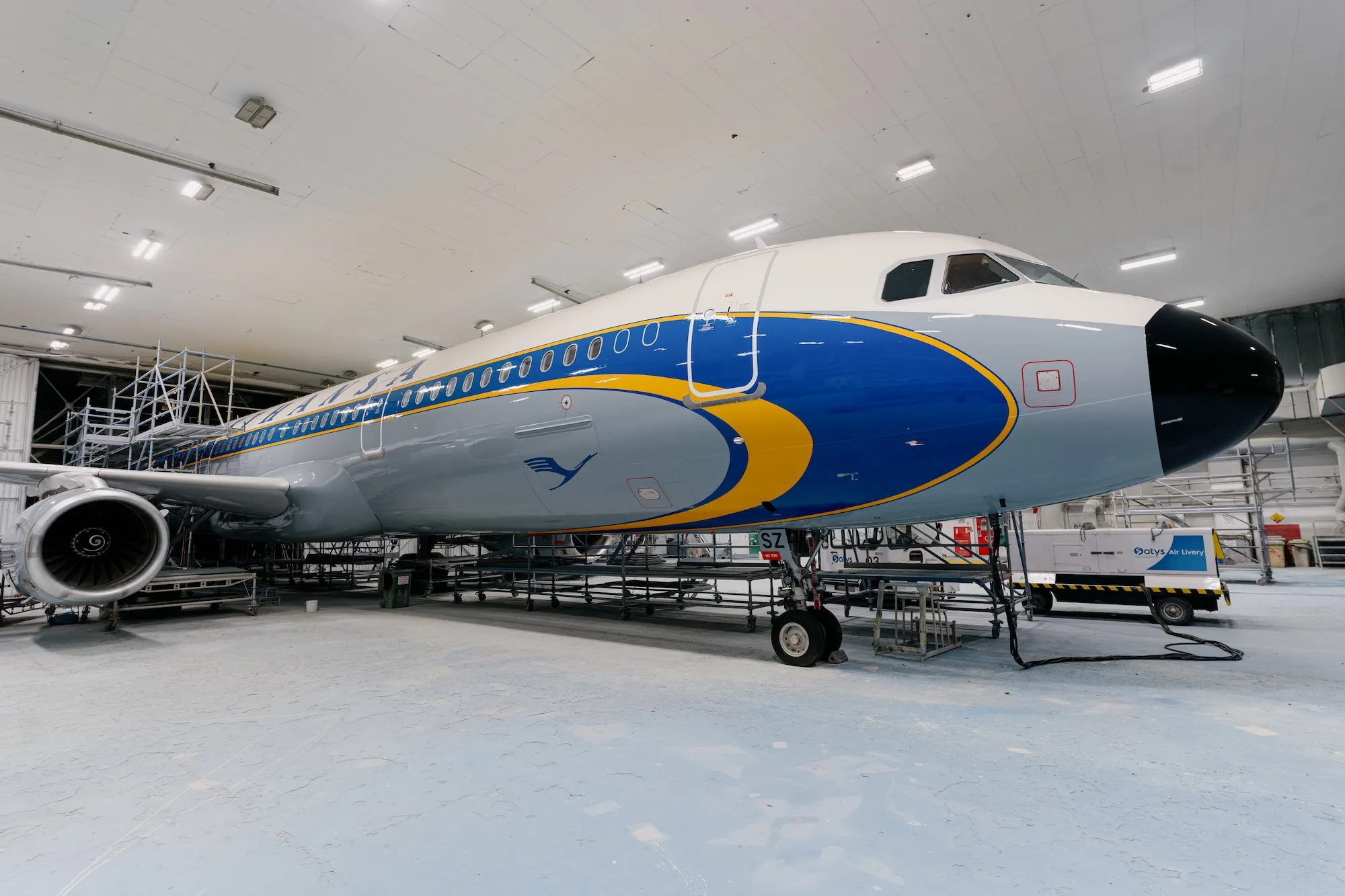
.webp)
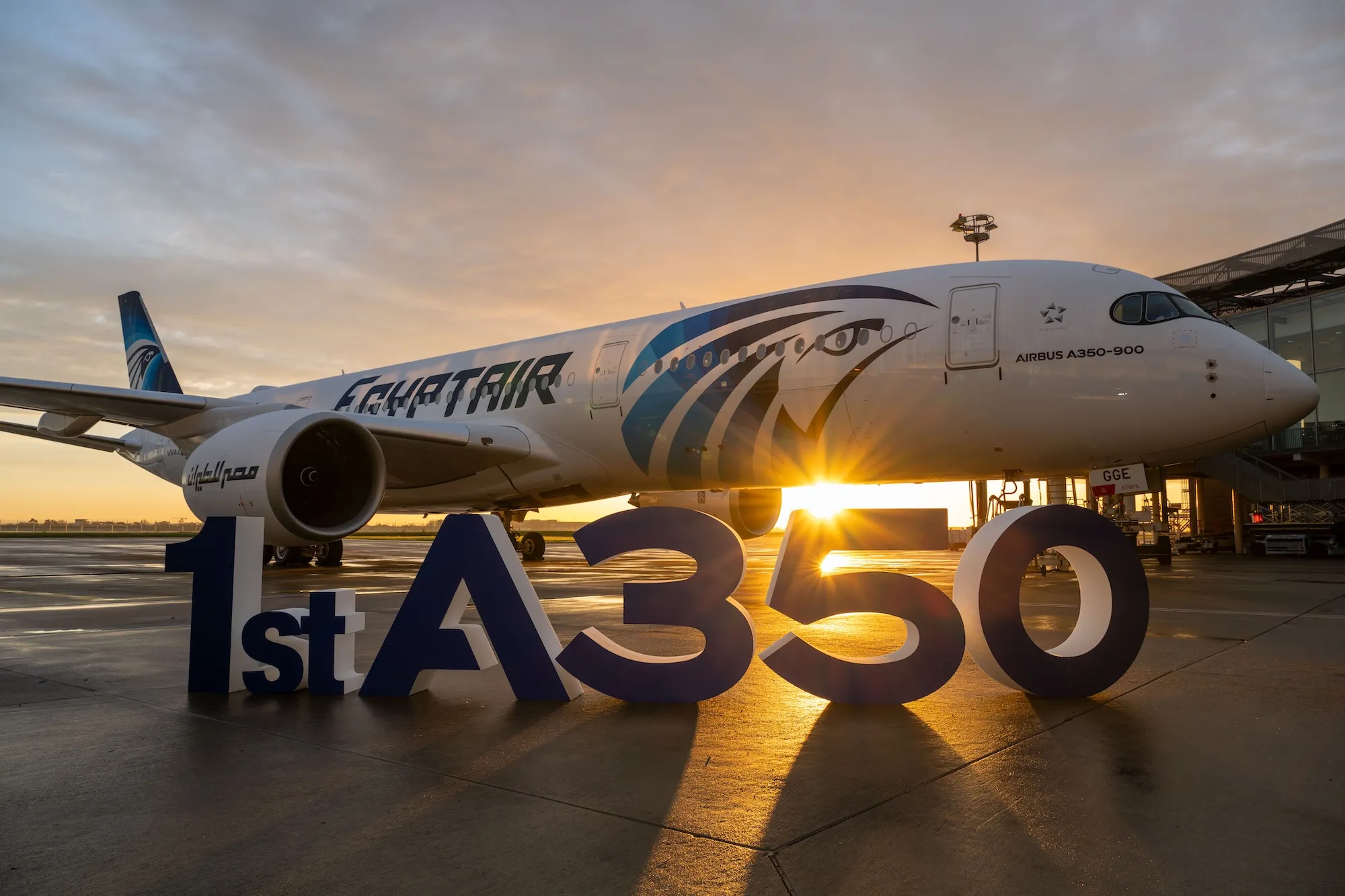
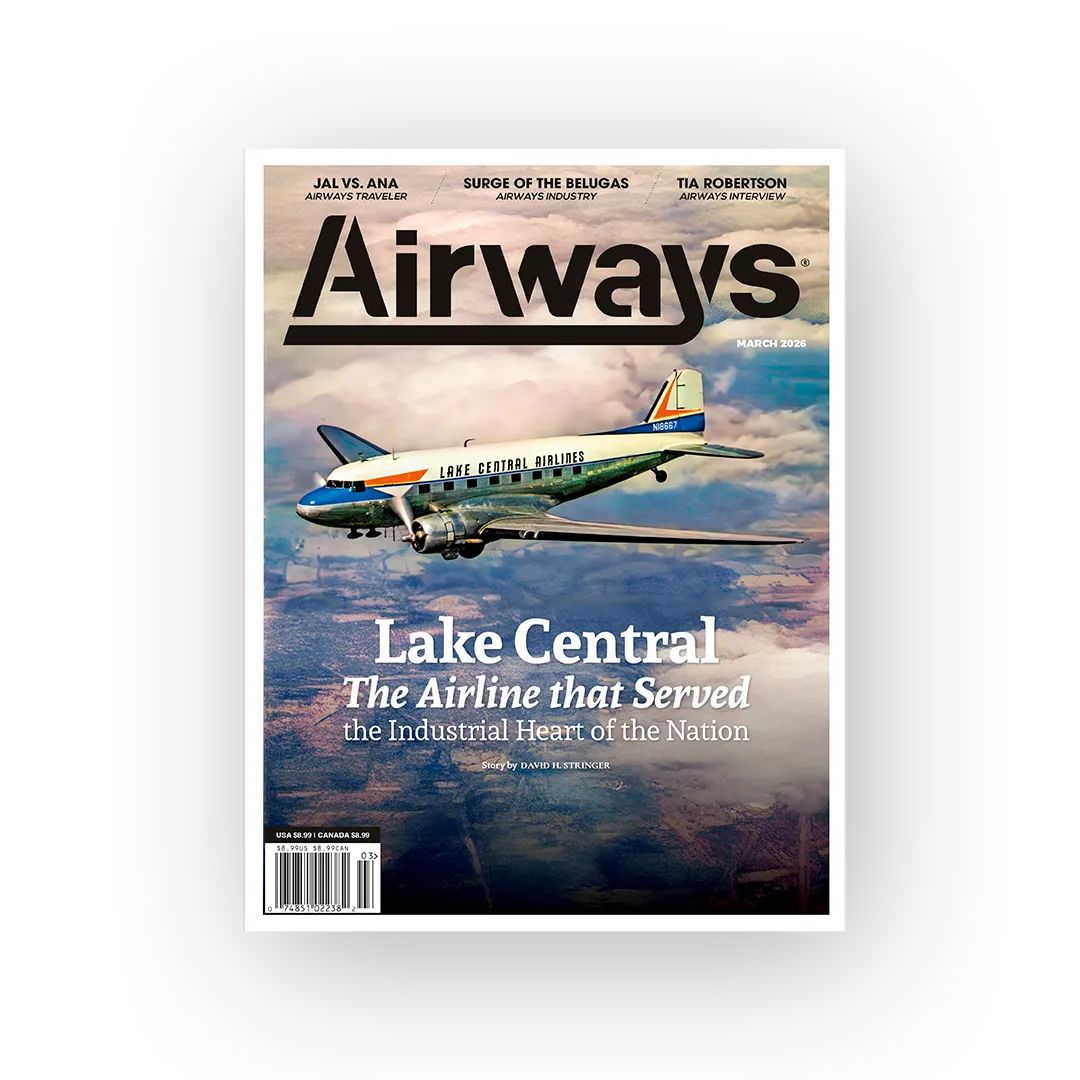
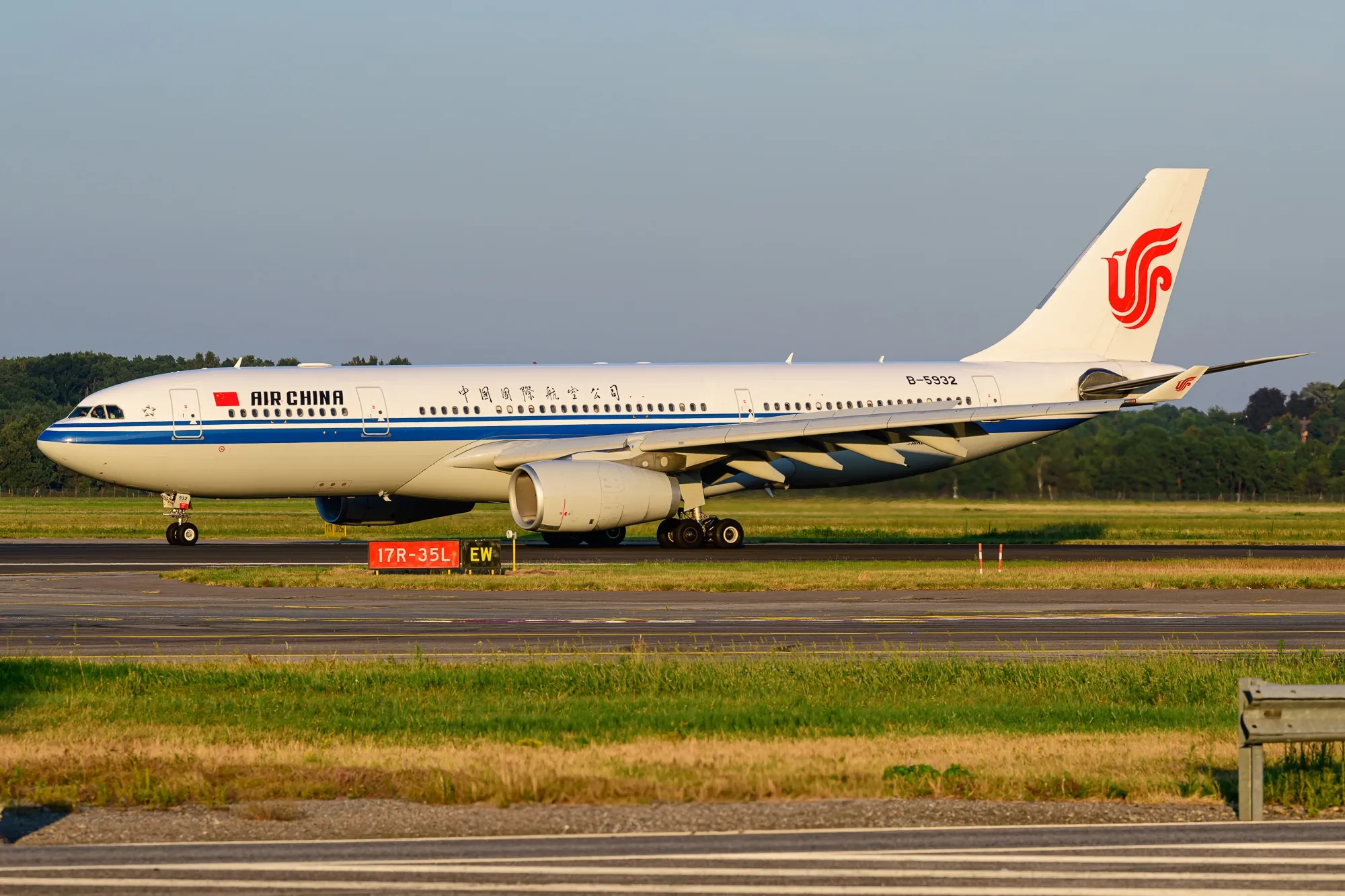
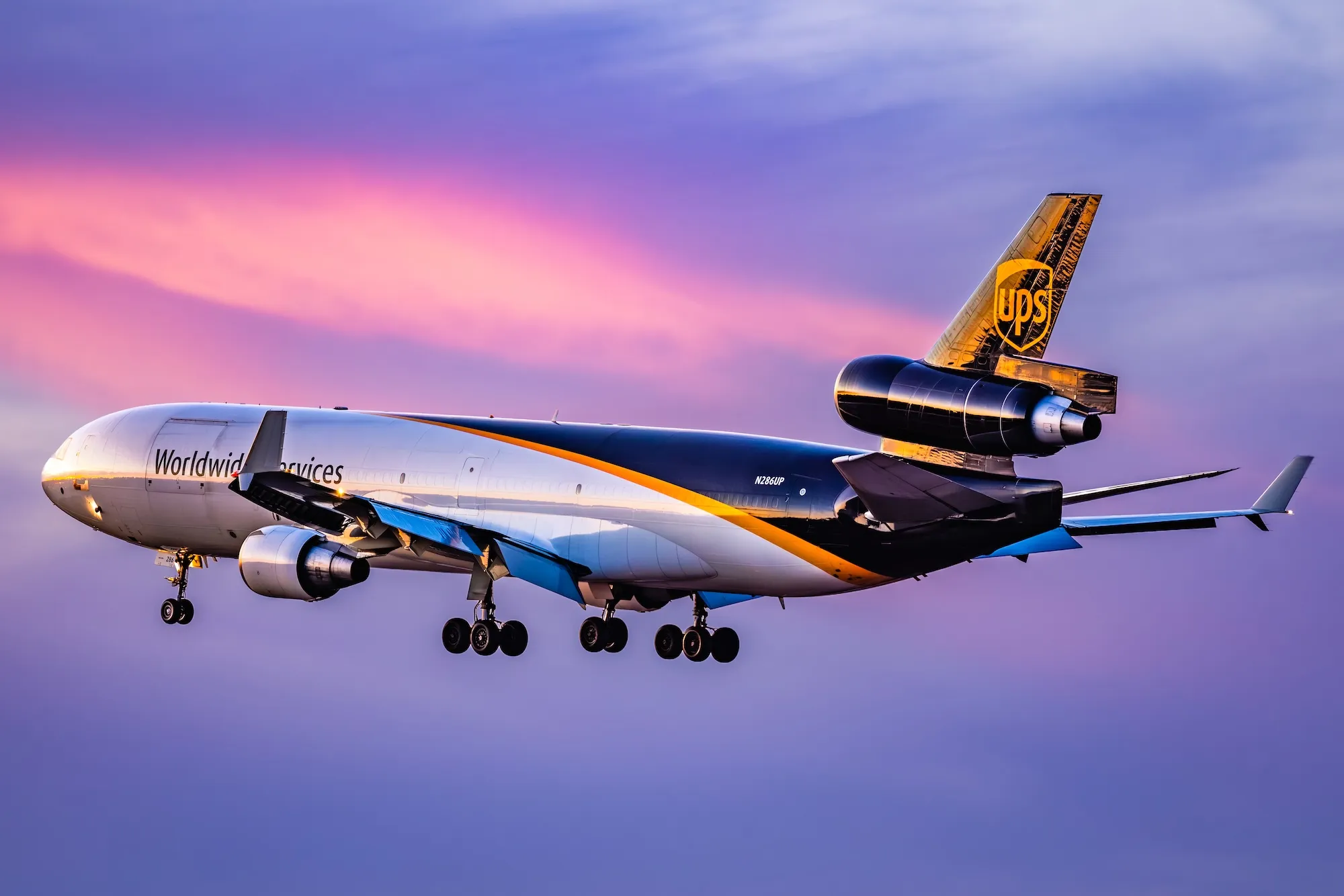
.webp)